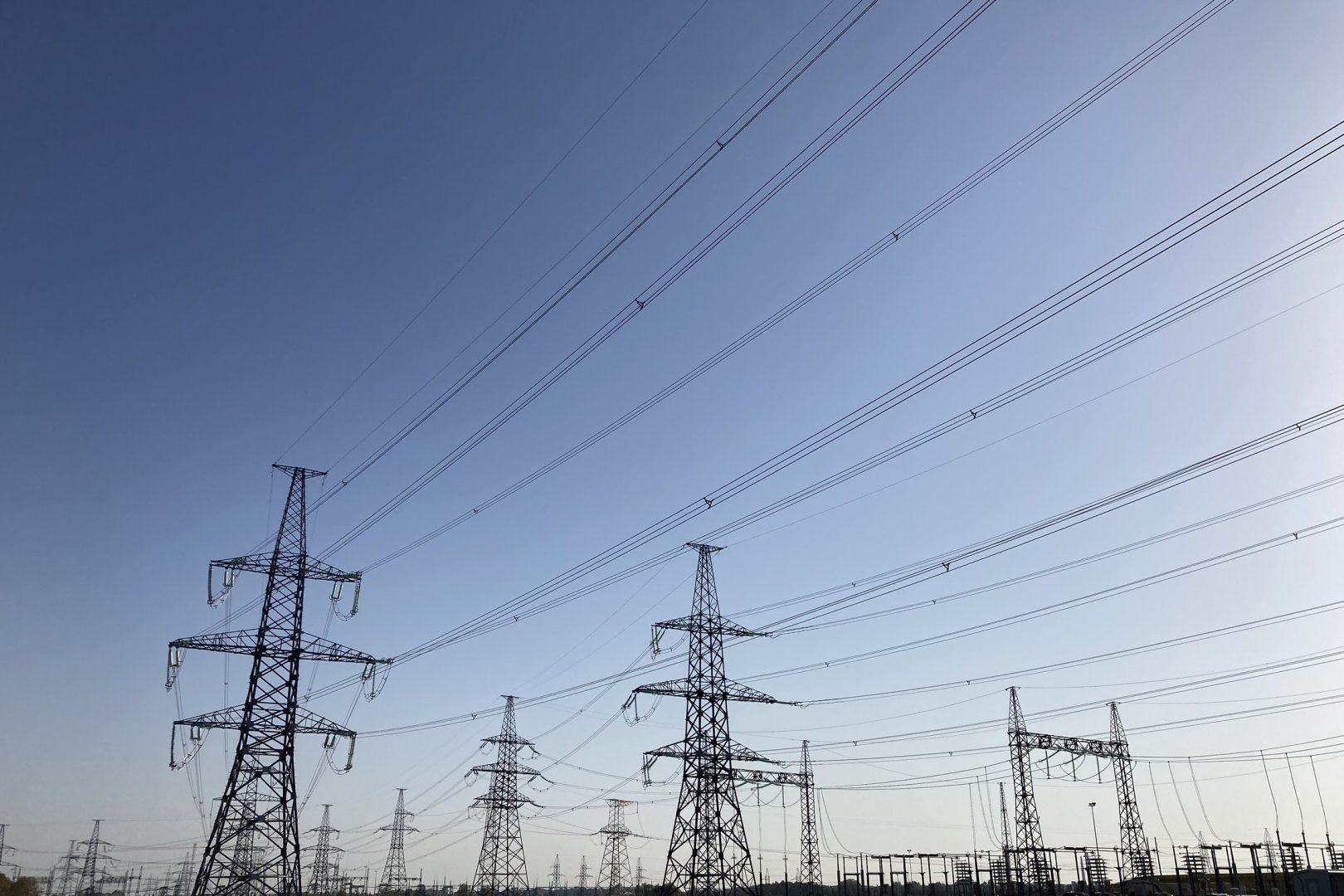BAKU, Azerbaijan, July 7. Lithuania is in the driver's seat to make headway on its long-term energy ambitions if it keeps its nose to the grindstone with proactive policies and tightens the screws on regional cooperation, as highlighted in a fresh Energy Policy Review from the International Energy Agency (IEA), Trend reports.
The report shines a light on Lithuania’s swift and bold moves to sever energy ties with Russia in the wake of the 2022 invasion of Ukraine. Since then, the country has completely halted imports of Russian energy and, along with other Baltic states, has successfully synchronized its electricity grid with the continental European system—a critical milestone in energy independence.
From 2022 through 2024, Lithuania saw a real uptick in electricity generation from renewable sources, thanks to a smoother permitting process and some well-placed support schemes that really hit the nail on the head. The country also saw increased deployment of residential solar panels and grid-connected energy storage. However, the IEA notes that Lithuania remains heavily reliant on imported fossil fuels, especially in the transport sector, and still imports a significant share of its electricity.
The report suggests that the Lithuanian government should tackle these hurdles by zeroing in on two crucial fronts: beefing up the electricity system and cutting down on fossil fuel reliance in transportation.
“Lithuania has made impressive progress in strengthening its energy security, especially through strategic infrastructure investments and full synchronization with Europe’s power grid. Looking ahead, we see clear opportunities for Lithuania to build on this foundation and deliver a modern, affordable, and clean energy system that supports economic growth. We hope this review will serve as a valuable guide for the country’s next steps,”said IEA Executive Director Fatih Birol, who presented the report in Vilnius
Lithuanian Minister of Energy Žygimantas Vaičiūnas welcomed the findings, stating, “Energy independence is the backbone of our energy policy. Now, our focus is on building a smarter, cleaner, and more resilient system—one powered by renewables, supported by electrified transport, and accessible to all. The IEA review confirms we are on the right track and offers important guidance for our long-term strategy.”
Under its updated National Energy Independence Strategy, Lithuania aims to transition to a fully electrified energy system by 2050, while supporting new industrial growth powered by renewable-based hydrogen. Electricity demand is expected to rise sixfold by mid-century, driven by electrification and hydrogen production, the report notes.
To ensure a secure electricity supply, the IEA stresses the need for coordinated stakeholder action and accelerated grid infrastructure development. Expanding wind energy—particularly offshore—is seen as essential, but the report also warns of global market uncertainties impacting renewable energy investment. Policymakers should monitor market conditions closely and respond as needed to maintain investor confidence.
Improving system flexibility will also be key, including through clearer price signals for producers and consumers and potential reforms to Lithuania’s net metering scheme, which supports small-scale solar deployment.
A significant obstacle persists within the transportation
domain, which constitutes 40 percent of the national energy
expenditure and 75 percent of the petroleum utilization. The
vehicular inventory of Lithuania ranks among the most antiquated
within the European Union, serving as a significant contributor to
the nation’s overall emissions profile.
The IEA delineates electrification as the preeminent strategy for
the decarbonization of road transport, synergizing effectively with
the nation's expanding renewable energy production capabilities.
Nevertheless, electric vehicles continue to be comparatively scarce
owing to elevated acquisition expenditures. The document advocates
for strategic incentives, enhanced infrastructural frameworks, and
robust regulatory backing—including provisions for the pre-owned
electric vehicle sector—to expedite market penetration. It
additionally advocates for the reallocation of transport modalities
towards public transit and rail systems to enhance operational
efficiency.
Should Lithuania adeptly operationalize its strategic frameworks,
the IEA posits that it can attain a sustainable and affluent energy
trajectory. The report underscores the paramount importance of
regional collaboration for the harmonization of policy frameworks,
the dissemination of optimal methodologies, and the fortification
of supply chain networks.
The IEA conducts periodic assessments of the energy and climate
frameworks employed by its member states, providing strategic
recommendations to facilitate the formulation of robust
governmental policies and the integration of globally recognized
best practices.







